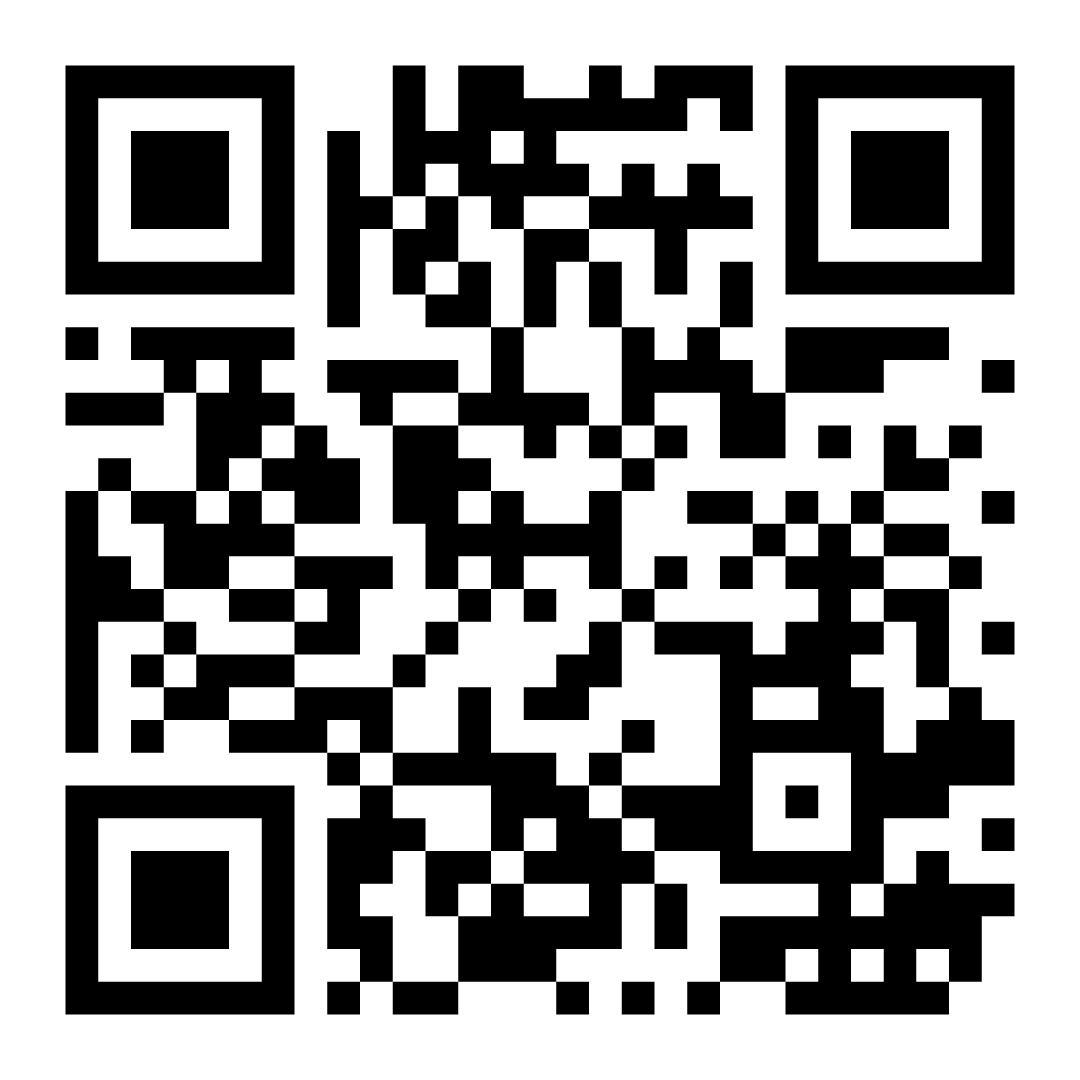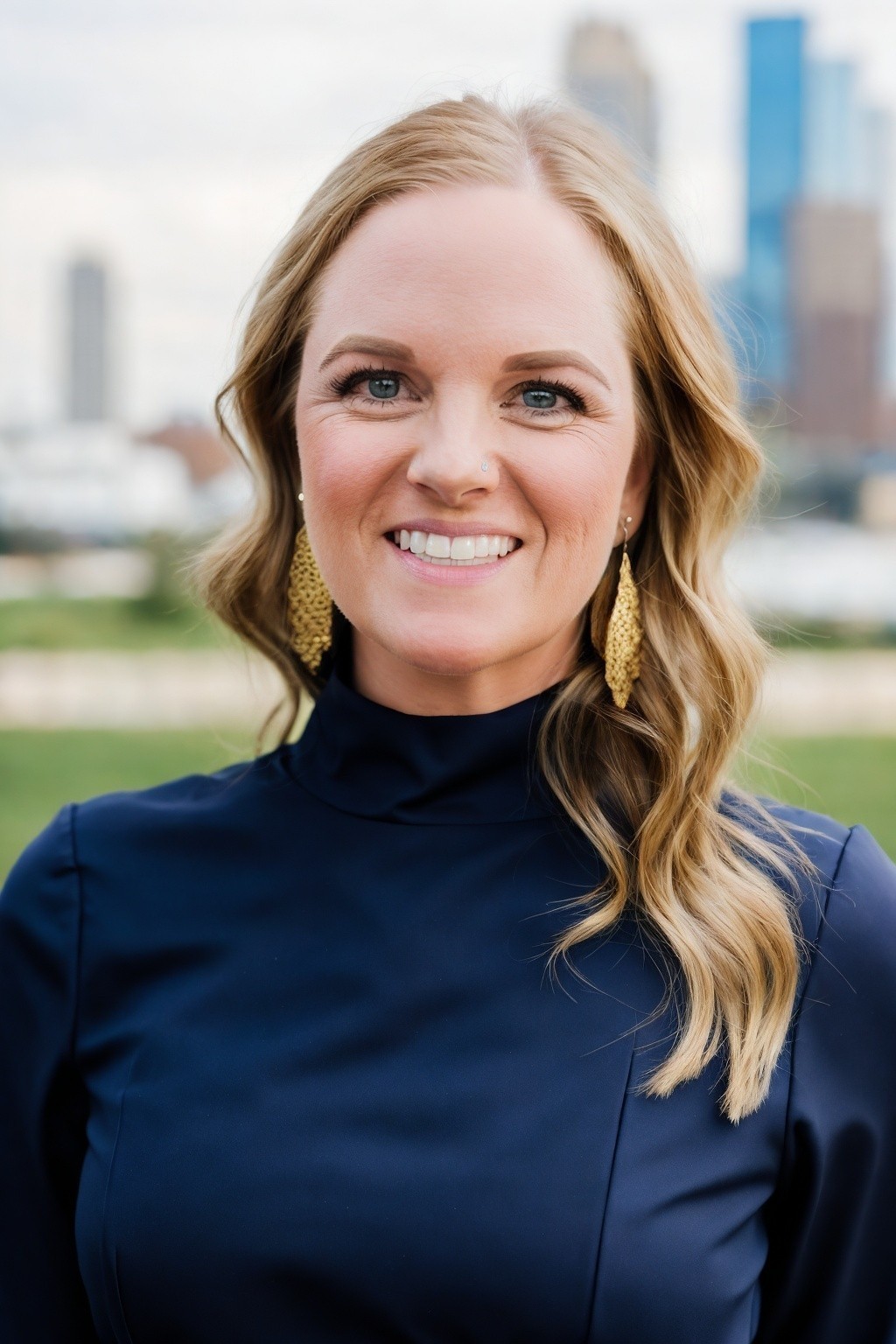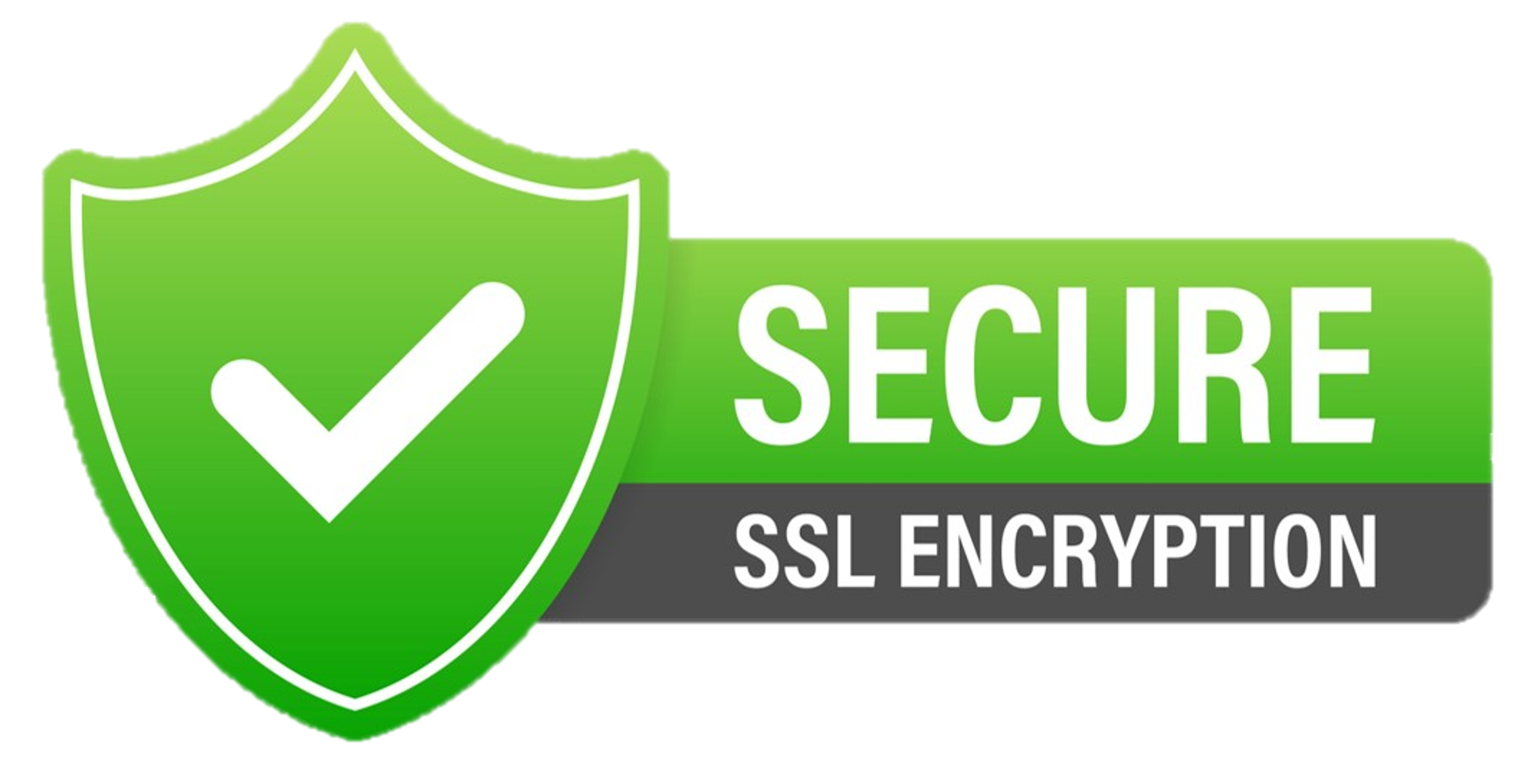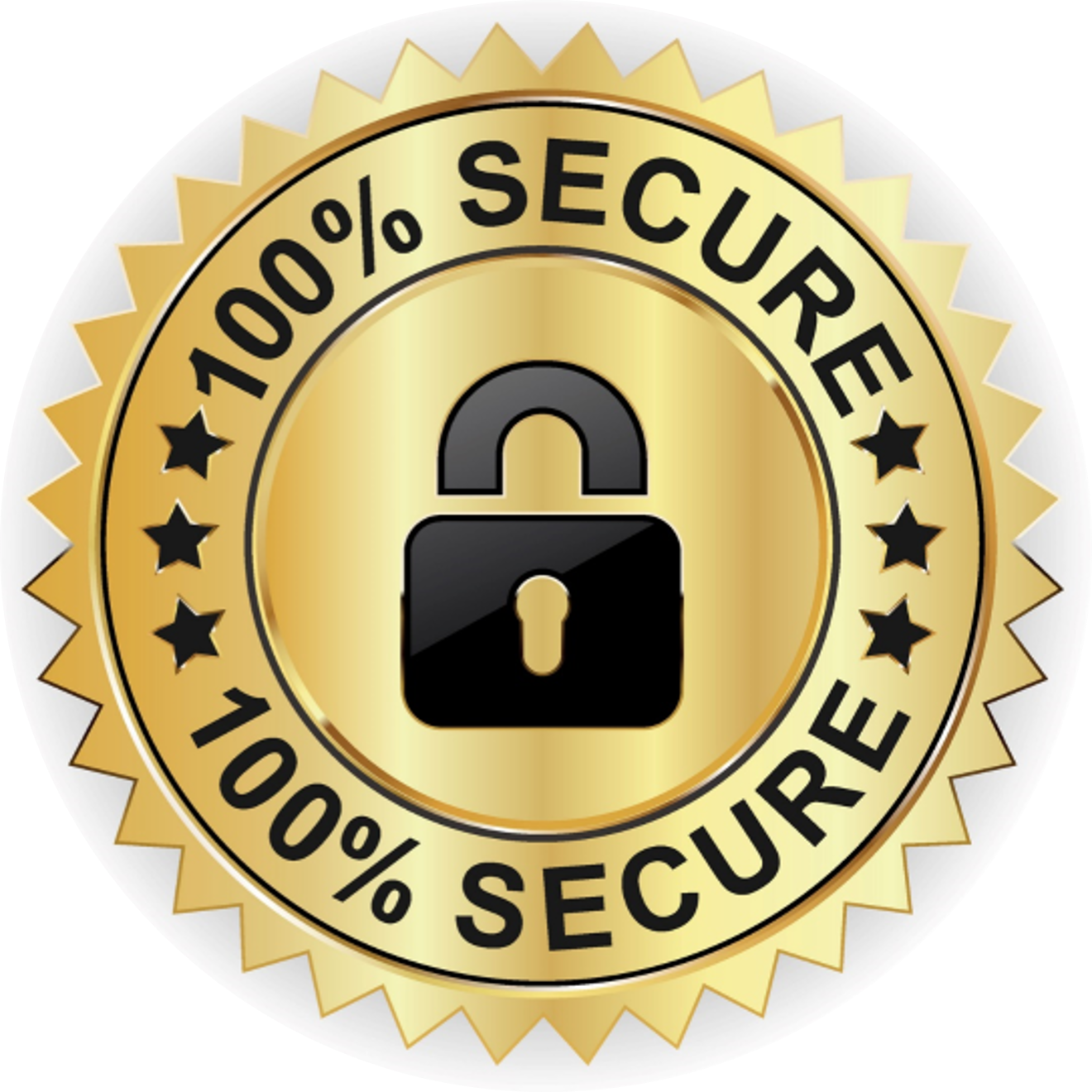My Story
On April 20th, 1999, I sat in lock-down at Chatfield Senior High while the Columbine massacre unfolded nearby at our rival high school. From the floor, my classmates and I watched the horror play out on the television, powerless as the tragedy unfolded in real time. (Ironically or not, this happened during my Humanities class.) For the remainder of the school year, displaced Columbine Rebels finished their school year in our classrooms. In that moment, the rivalry between our schools disappeared and we became one community. Those shared months taught me more about the human capacity for devastation, grief, and resilience more profound than anything I'd find in any curriculum. One moment I’ll never forget was hugging a Columbine friend whom I didn’t know had just undergone surgery to remove shrapnel from her chest. What should have been a gesture of comfort caused her pain, not from sorrow or relief, but from the raw wounds still healing beneath her bandages. That experience, the collision of trauma, vulnerability, and the desperate need for healing, left a lasting imprint on me. At such a formative time in my life, it shaped my path and instilled in me a commitment to mental health, spiritual health, trauma recovery, and safe access to care.
That commitment continues to guide my work today. I became a pharmacist because I wanted to bring science, safety, and compassion into some of the most difficult moments people face: pain, serious illness, mental health struggles, and end-of-life transitions. Over the years, I’ve practiced and consulted in hospice and palliative care, pain management, psychedelic and natural medicines, and prescription drug benefits. In every role, one thread has remained constant: my focus on pharmacologic safety and effectiveness—ensuring patients living with complex medication regimens and medical conditions are supported with clarity, autonomy and dignity.
My work now bridges clinical practice, consulting, policy, and harm reduction, with a focus on psychedelic therapies. I co-founded the Psychedelic Pharmacists Association to elevate pharmacists as key partners in psychedelic care, and I’ve been honored to serve as a pharmacology expert for Colorado’s Department of Regulatory Agencies (DORA) and the Healing Advocacy Fund (HAF). Through this work, I co-developed the screening criteria that became the foundation for Colorado’s Natural Medicine Health Act. Those same criteria have since been adopted in Oregon’s program and are now integrated into screening and decision-support platforms used by regulated facilitators and clinics across the country.
Why did I create the Psilocybin Interaction Checker and begin offering consultations? Because trusted resources are limited for those navigating the intersection of psychedelics and medications. Psychedelics hold enormous promise, but they are not risk-free. Many individuals seeking these therapies are on complex medication regimens which have the potential to sabotage healing—despite skilled facilitation and integration support. Without reliable, evidence-informed guidance, people are left guessing. That gap in care is what I set out to fill.
The Interaction Checker is one way I’ve done this: it’s a transparent, peer-reviewed tool designed for individuals, facilitators, and providers. My consulting services are another. Each consultation is rooted in pharmacologic and clinical evidence, tailored to the person, and designed to ensure safety while honoring autonomy and access. Whether it’s helping an individual prepare for a journey, or supporting a facilitator in meeting state screening requirements, my role is to provide clarity where there is confusion. And to build in safety where there is risk.
Along the way, my work has been recognized with honors such as Medika Life’s Top 30 Women Transforming Healthcare and the University of Colorado School of Pharmacy Horizon Alumni Award. But for me, the real measure of success is trust: the trust patients and participants place in me, the trust facilitators place in my assessments, and the trust of regulators who continue to turn to pharmacists as essential partners in this field.
This path began in tragedy, but it has carried me into a career defined by hope… a hope that psychedelic therapies, when integrated responsibly, can remain accessible and bring healing to individuals and communities who need it most.
Professional Summary
- Residency-trained and board-certified pharmacist (PharmD, BCPS), licensed in Colorado
- Co-founder & Board Director, Psychedelic Pharmacists Association
- Pharmacology expert for Colorado’s Department of Regulatory Agencies (DORA) and the Healing Advocacy Fund (HAF)
- Co-developer of screening criteria for Colorado’s Natural Medicine Health Act, later adopted by Oregon and integrated into facilitator/clinic decision-support platforms nationwide
- Creator of the Psilocybin Mushroom Interaction Checker at psychedelicinteraction.com
- 15+ years of experience across palliative and hospice practice, pain management, consulting and pharmacy benefits
- Developed curriculum for nationally recognized PharmD program and the nation’s first Palliative Care Master’s degree program
- Delivered nationally distinguished educational presentations and continuing education programs
- Peer-reviewed researcher and published co-author in biomedical literature
- Recognized among Medika Life’s Top 30 Women Transforming Healthcare (2022)
- Recipient of the University of Colorado School of Pharmacy Horizon Alumni Award (2022)
PSYCHEDELICINTERACTION.COM
 Confidential and built with HIPAA-level security
Confidential and built with HIPAA-level security
 Secured with military-grade encryption
Secured with military-grade encryption
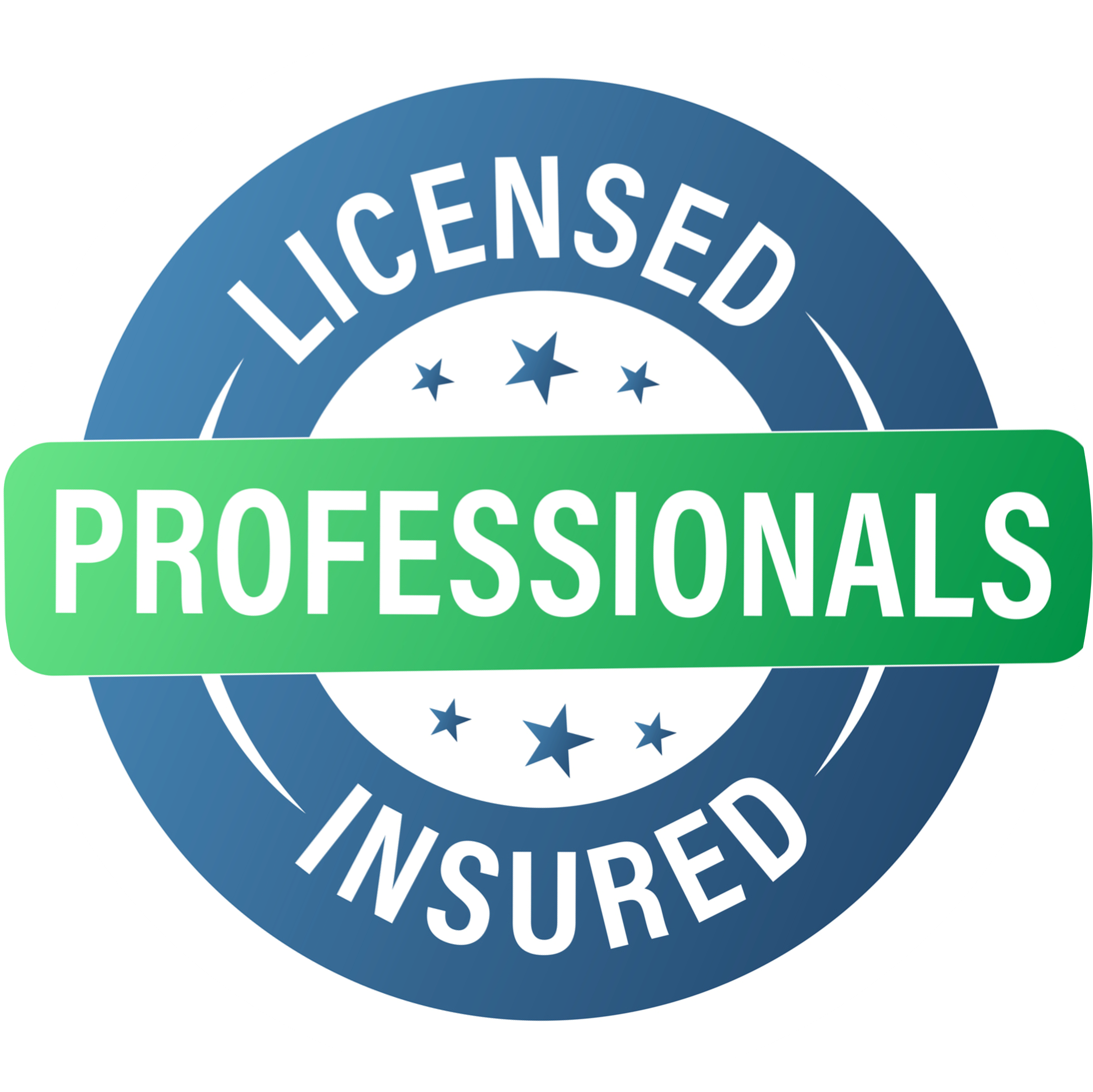 Developed by licensed professionals for harm reduction purposes
Developed by licensed professionals for harm reduction purposes
